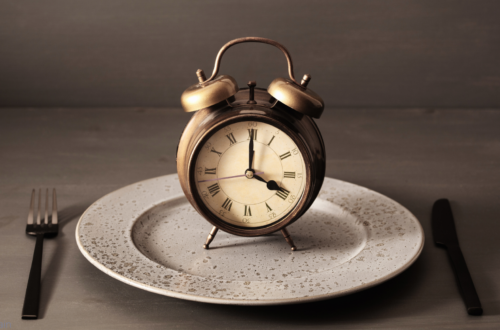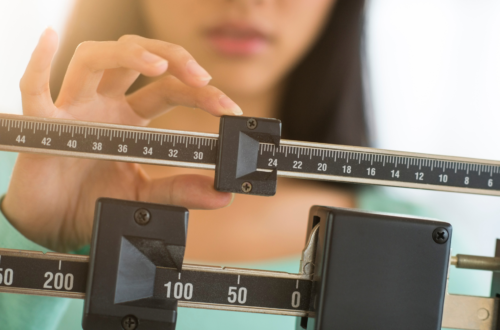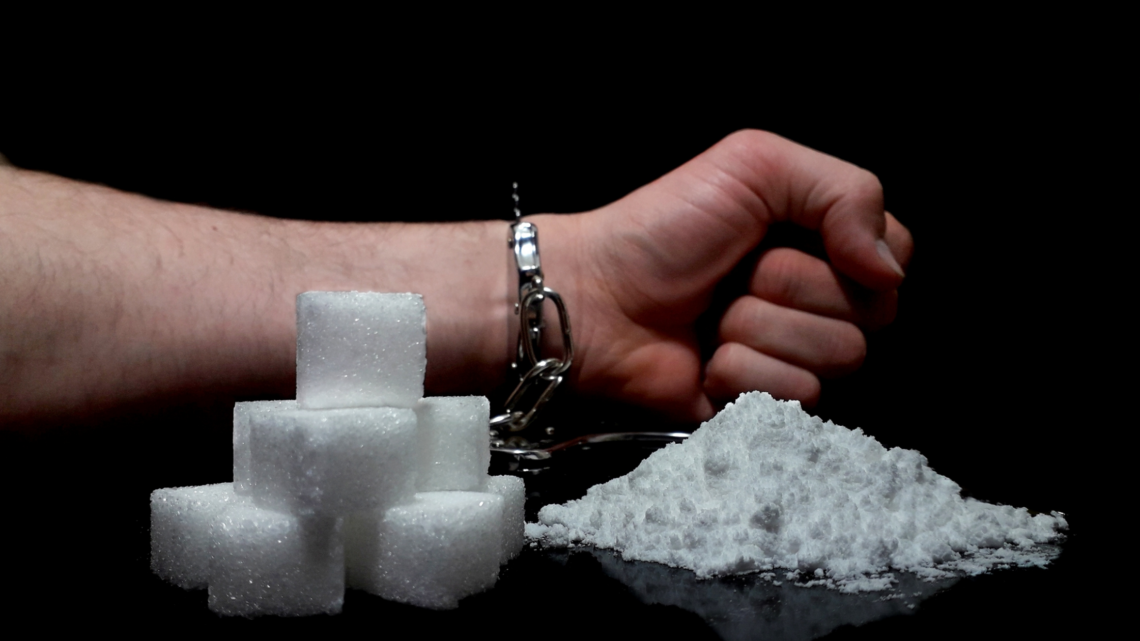
How Long Does it Take to Break a Junk Food Addiction?
Food addiction is a much more common problem than many realize, and junk food is almost always the culprit.
Junk foods trigger dopamine, the body’s reward system, and makes you feel pleasure.
Once the dopamine drops, so does your satisfaction, and you carve more junk fook to feel pleasure again and then again.
Breaking free of junk food addiction is hard work but possible.
As a general rule, it takes an average of 10-21 days to break a junk food addiction. Abstaining from foods high in sugar helps detox your body and rewire your brain. After the reset, you must stay consistent and follow a healthy low-carb diet to avoid a relapse.
Is food addiction difficult to break?
Food addiction, like any other addiction, can be overcome. However, to do so, you must first accept that you are an addict and then create a strategy for yourself to break your addiction to food.
Almost all addictions are due to the overstimulation of the body’s reward system.
Dopamine is a neurotransmitter released in the brain when you experience something pleasurable, such as drugs, sex, or foods high in sugar and carbohydrates.
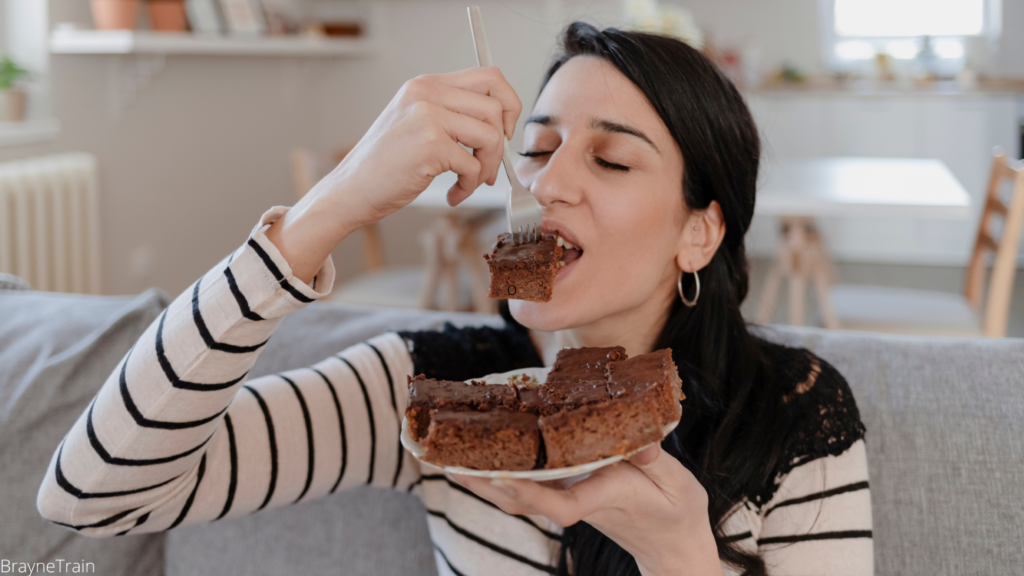
The dopamine spike is short-lived, anywhere between a few seconds to a few minutes. Once the dopamine drops, so does the pleasure.
Overstimulating dopamine by eating lots and lots of junk food regularly will increase the threshold of dopamine spike. This means you will need more and more of the trigger (junk food, sex, etc.) to get the same pleasure you felt before, which results in addiction.
Breaking free of this vicious cycle will need hard work and a strategy. But it is possible, and many have done so.
How do I know if I’m addicted to food?
So when does your daily junk food haul stops being a habit and starts being an addiction?
Here are a few questions you can answer to see if you have a food addiction:
- Do you have a fridge full of food, but you still make the trip to Taco Bell at 8 pm to get your daily dose of Taco?
- Do you lose control when you eat and realize you just finished an entire bag of chips but still crave some more?
- Are there certain foods you force yourself to eat even though you are full?
- Do you lie about how much you are eating and hide your food?
- Do you feel irritated and angry when you don’t have your favorite foods available?
If you answer yes to one or more of these questions, you may be a food addict.
Yale University has developed a scale to measure Food Addiction:
You can find the scale and how to score yourself here: https://sites.lsa.umich.edu/fastlab/yale-food-addiction-scale/
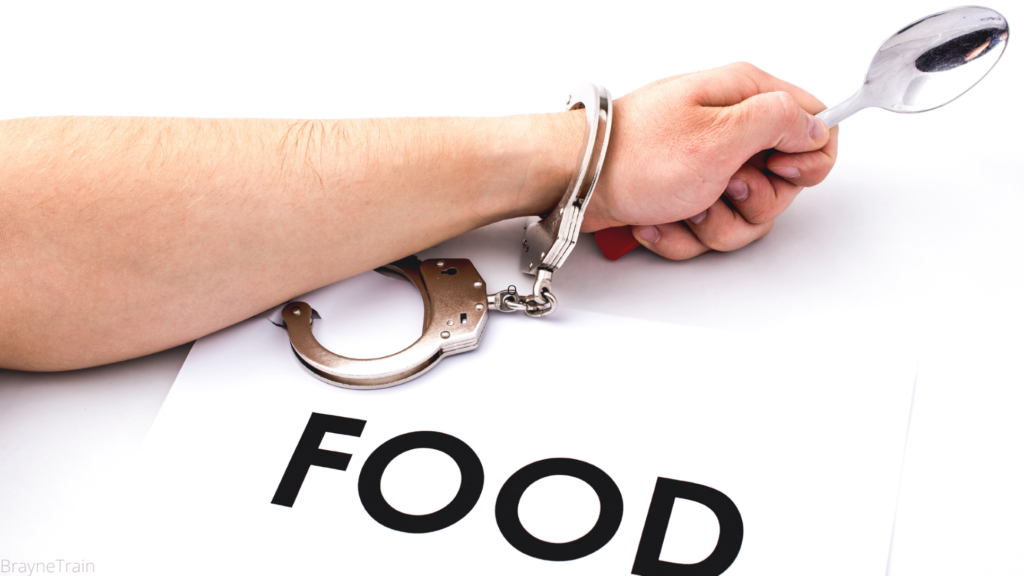
The Psychology Behind Food Addiction:
Food Addiction is not solely related to physiology and the reward pathway. Some individuals are more prone to developing an addiction.
- Early Childhood Trauma.
- There is a theory that early childhood trauma causes the brain not to release enough dopamine. Therefore, individuals with childhood trauma are more prone to dopamine-seeking and addictive behavior.
- Chronic stress
- Stress and anxiety have been linked to over-eating and addictive behavior.
- The dopamine response provides temporary relief from anxiety, however short-lived.
- Obesity
- Obese individuals have fewer D2 receptors (dopamine receptors) and reduced reward response. Therefore, they need to overeat to feel the same pleasure from food that an average-weight individual feels from eating a normal portion of that same food.
7 Symptoms of Food Addiction:
- Binge-eating junk food for its euphoric sensation and not for hunger.
- Eating in response to sadness, boredom, or stress.
- Experience irritability and withdrawal symptoms when the food is taken away.
- Obesity
- Loss of control when eating highly palatable foods.
- Hiding food from others, eating in secret.
- A need to eat junk food to feel normal.
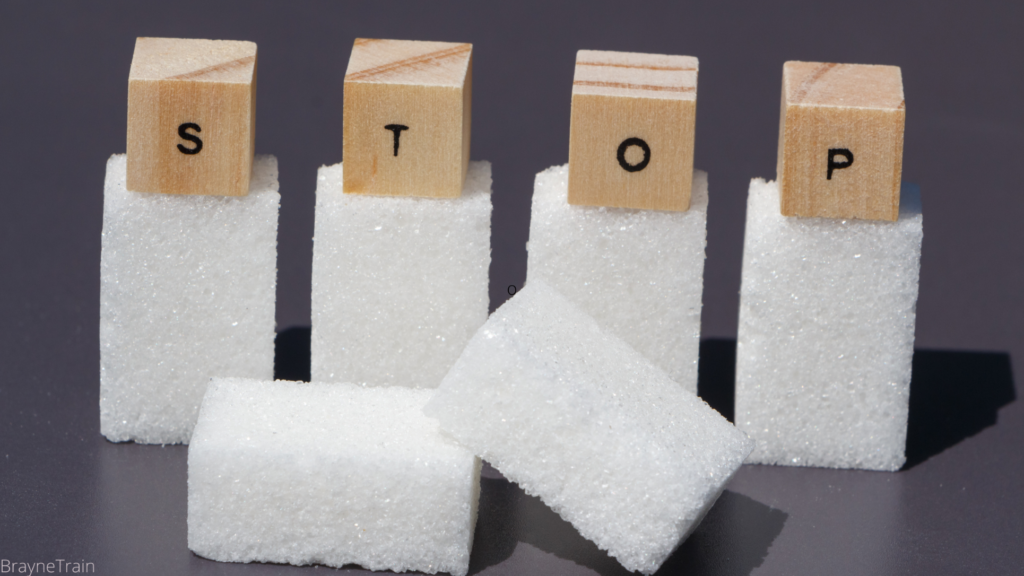
How Do I Stop My food addiction?
10 steps to overcome your food addiction:
- Accept your addiction.
- Quit all junk food and sugar cold turkey.
- Don’t drink your calories; eat them—no sodas or energy drinks.
- Start a healthy low-carb diet such as the Mediterranean diet or keto.
- Stay away from dairy and grains.
- Make sure to get enough sleep.
- A good night’s sleep helps lower cortisol (the stress hormone), decreasing stress and anxiety which can reduce your cravings.
- Therapy
- Seeing a therapist or psychologist helps you determine the underlying reason for your pleasure-seeking behavior.
- Knowing why you developed an addictive behavior and working on the underlying issue is a powerful strategy to kill your addiction from the inside out.
- Meditation
- Meditation can help lower your stress and anxiety. Meditation also helps you make better decisions when it comes to eating mindfully.
- Start with 1 minute a day and increase your time gradually.
- Intermittent Fasting
- Fasting is one of the most powerful tools in overcoming food addiction. (if you want to know more about intermittent fasting? Click here.)
- Don’t give up! If you fail at first, get back up and try again. Remember, we are all human, and it takes time to achieve something worthwhile, so stay consistent, and you will see results in no time.
Takeaway:
So next time you reach for that second piece of chocolate cake or that extra bag of chips, remember this, you’re reaching for the dopamine hit, and it’s likely not hunger. Knowing the reason behind your overeating behavior can be the first step toward recovery. If you find yourself addicted to junk food, know that you are not alone, accept it, and strategize. Take your time, do not judge yourself. Follow the tips and tricks we provided you in this post, and let us know how it goes in the comments. Thank you for reading!
References:
Gearhardt, A. N., Corbin, W. R., & Brownell, K. D. (2016). Development of the Yale Food Addiction Scale Version 2.0. Psychology of Addictive Behaviors, 30(1), 113–121.
Leigh SJ, Morris MJ. The role of reward circuitry and food addiction in the obesity epidemic: An update. Biol Psychol. 2018 Jan;131:31-42. doi: 10.1016/j.biopsycho.2016.12.013. Epub 2016 Dec 21. PMID: 28011401.
Lennerz B, Lennerz JK. Food Addiction, High-Glycemic-Index Carbohydrates, and Obesity. Clin Chem. 2018 Jan;64(1):64-71. doi: 10.1373/clinchem.2017.273532. Epub 2017 Nov 20. PMID: 29158252; PMCID: PMC5912158.
Sinha R. Chronic stress, drug use, and vulnerability to addiction. Ann N Y Acad Sci. 2008;1141:105-130. doi:10.1196/annals.1441.030



